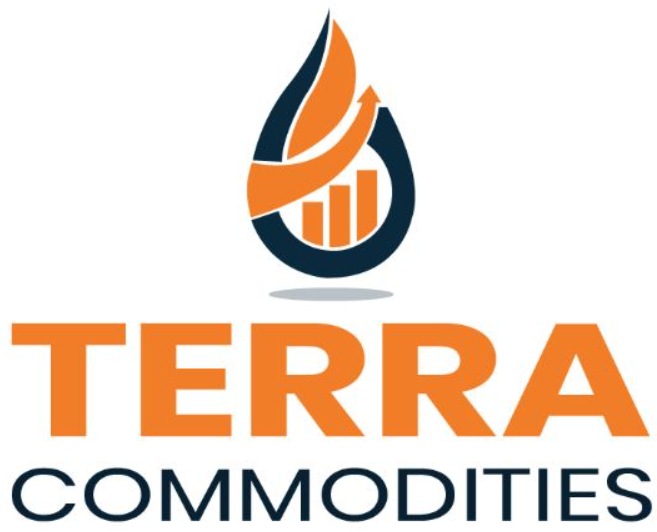At 3 AM, we aren’t only talking crude; we’re talking crisis calculus. Do you bet that your West African partner can resolve a blockade in a matter of days, or do you secure the Mediterranean cargo for a hefty $4/barrel premium? This is oil trading in a nutshell; geopolitics, logistics, and margin pressure all colliding in real-time. If you make the right decision you profit. If not you lose contracts, you damage reputations, and you potentially create a fractured supply chain.
We help clients assess these decisions, not just with pricing, but also with probability, partner history, and macro movements.
When the pressure is on, do you use a risk radar, or just instincts?
West Africa: The High-Stakes Play
Pros:
- Discounts on sweet crudes (Bonny Light $2 under Brent)
- Flexible payment terms (common to put 30% down payment)
- New emerging grades (Senegal Sangomar)
Cons:
- Every 4 in 10 cargoes are delayed by piracy or politics
- Missing allocations in pipelines
- Last minute community development fees
Mediterranean: The Steady Choice
Benefits:
- Reliable loading schedules (95% on-time)
- Good legal recourse
- Blending opportunities at Malta/Trieste
Risks:
- Overcrowded ports (Genoa delays up to 9 days)
- Russian oil sanction complications
- Risk of diminishing heavy crude availability
Terra’s Regional Playbook
Choosing between Mediterranean and West African crude isn’t just about price, it’s about your business model. If working capital is your priority, Mediterranean barrels offer predictability: faster turnarounds, consistent load schedules, and fewer geopolitical surprises. You keep inventory moving and cash flowing. But if you’re playing for margin and can stomach the volatility, West Africa’s discounts can deliver serious upside, provided you manage the delays, port congestion, and political flare-ups.
Smart traders align supply choices with financial strategy. Do you need stable cash flow, or are you hunting for alpha in chaos?
Each route speaks a different language. Which one matches your playbook?
A Tale of Two Trades
In oil trading, speed and access define your edge. Our Geneva client secured a 28% profit on Nigerian Agbami crude, not by chance, but because we stepped in to negotiate direct militia clearance at short notice. No clearance, no cargo. Meanwhile, a Hamburg buyer was staring down refinery shutdown. We sourced emergency Saharan Blend from Algeria, organized vessels, and got it to his terminal within 72 hours, just in time to avoid millions in downtime losses.
These aren’t one-off miracles. They’re the result of real-time intelligence, field-tested networks, and relentless execution.
When stakes are high, who’s in your corner matters?
Key Differences
Trading West African and Mediterranean crude requires more than pricing models, it demands regional fluency. In West Africa, partial upfront payments are common, with disputes often handled through local “facilitators” rather than formal channels. Mediterranean deals, by contrast, typically require strict letters of credit and resolve disputes via standard arbitration in Geneva or London.
West Africa favors traders with storage and risk tolerance; Mediterranean flows suit just-in-time operators needing reliability and speed. Knowing which region fits your strategy can mean the difference between profit and peril.
Struggling with regional risks? Get our monthly hotspot analysis and trade smarter, not harder.











